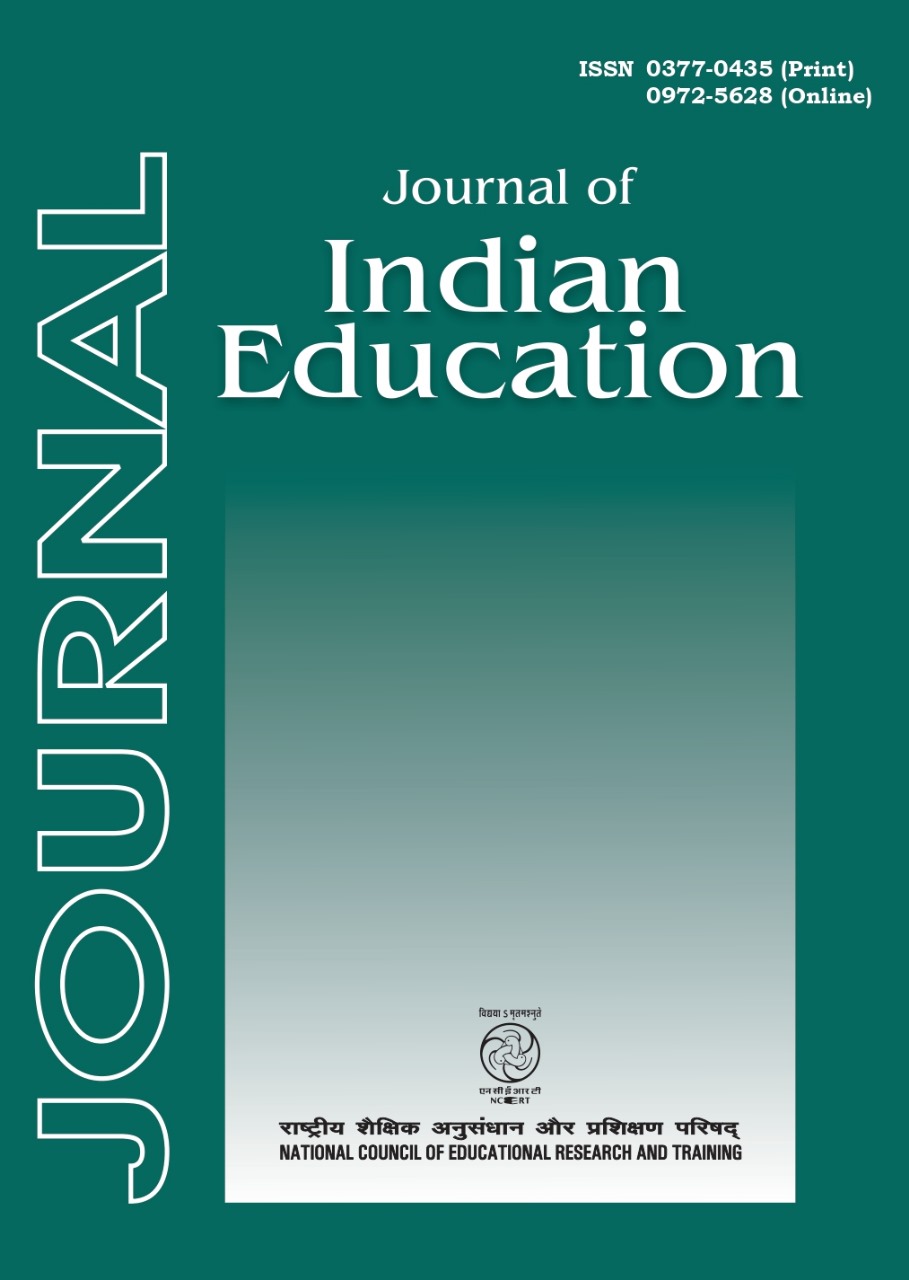Published 2024-11-27
Keywords
- Special Education,
- Educational Psychology,
- Teacher Education
How to Cite
Abstract
Study habits are affected by several factors such as physical health of the individual, home condition, emotional and social adjustment; personality traits or the study environment etc. Good study habits of the children may lead them to a long way in their education, rehabilitation and to achieve long-term goals. In the present study an attempt was made to investigate the level of study habits of visually impaired (VI) students in relation to their socio-demographic and study related variables. A sample of 100 VI students from 7-17 years of Classes I to X of two residential special schools for the blind was selected. A self-designed sociodemographic data sheet was used to collect socio-demographic characteristics of the visually impaired students. The Test of Study Habits and Attitude (TSHA) was used to measure the study habits and attitudes of students. Contingency C test was used to find out correlation. Findings of the present study reveal that VI students possessed good and satisfactory level of study habits. The association between study habits of VI students and their age, sex, grades, socio economic status and parental education were found statistically significant. Study related variables like attitude towards teachers, attitude towards education, self confidence, concentration, coping with mental conflicts, school and home environment, home assignment, and attitude towards examination were also found significantly related to study habits of VI students.

